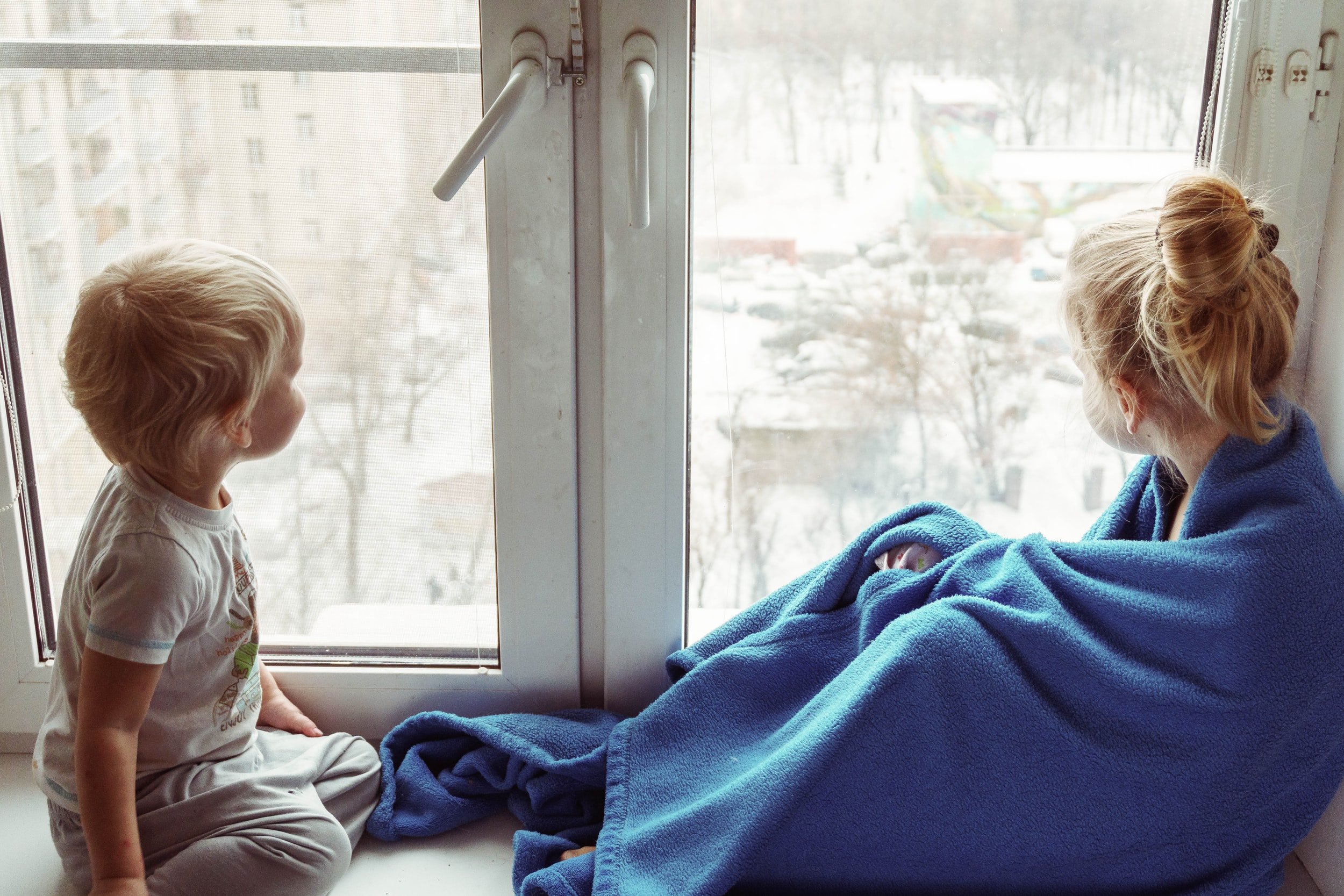
How to Stay Healthy, Part 1: REST
When we get sick our body sends signals that it is time to rest. We don’t have much energy, we can’t do our usual activities, we need to sleep more. If we look at it from the outside—say if you were looking at another person who is “resting”—we might conclude that resting consists of not doing anything. This goes along with the saying “Rest is rust.” That outside view can make us think that stopping activity is bad, a loss or a waste, even make us feel guilty for slowing down.
But what about from the inside? Is resting just about being lazy? No. Consider sleep. Sleep provides the primary time for repair and recovery. Instead of our energy being directed to outside activity and outside impressions, during sleep (and intentional rest), our forces are redirected inward. If we don’t get sufficient rest then we may lose track of how we are doing inside.

Why Do Children Have So Much Milder Symptoms with COVID?
This pandemic period has lasted a long time.
Most everyone I know or talk to feels fatigued and is ready for this to be over. It’s a time that has seen a lot of pain and loss—physical loss, health loss, family loss, movement loss, community loss.
The other thing I hear now, all the time, is that people are also ready to move into a new phase and start to rebuild…
I have been thinking about children a lot because they are so wonderfully capable at rebuilding. They heal and adapt very flexibly. Using anthroposophic medicines with children is sometimes much easier than with adults, because children open up to change. They more naturally “drink in” a treatment. With adults, medicines and therapies are still tremendously valuable, but some accompanying shift in consciousness is usually also required for the treatment to last. So what allows children to respond differently? This pandemic period has lasted a long time. Most everyone I know or talk to feels fatigued and is ready for this to be over. It’s a time that has seen a lot of pain and loss—physical loss, health loss, family loss, movement loss, community loss.

Strengthening our Social “Muscles”
People have been asking if I am seeing people with COVID symptoms in the medical office and the answer is: “Not regularly.” That may well change as counts are going up in many places, but in general it is not the coronavirus itself that has needed a lot of medical attention, but all of the challenges around it. It is hard to think of a recent medical visit that has not been strongly influenced by living in this time of COVID.
What are we learning from living in this time? Well, if we become sick with COVID, then our immune system will be challenged to decide: what is me and what is not me? Viruses infect our cells. They need our cells to replicate and that process continues until we develop enough “knowledge” to recognize what does not belong to us (the virus) and that it should be removed. We have to burrow deep into ourselves to fight a viral infection. Once that process is completed we will have established new immunity against that process. In that particular area, with that particular virus, we now know where to draw the line of “self” and “not-self.” Antibody resistance means we have worked through a particular pathway of encounter, and it will be easier to mark the line of self/not-self if we need to go that same way in the future.

Different Ways for Thinking About “Building Immunity”
Let’s flip our usual thinking for a moment: maybe this whole time of the corona virus is about getting stronger, not sicker? What if this time is truthfully a deeply needed push, urging us make changes that would otherwise be inconvenient or ignored? Most of the news we hear centers around masks, quarantines, social distancing and vaccine development. Those are all outside factors, which will only influence our health from outside. What about inside factors—can they make a difference? How does our soul state influence our health and our immunity?

Support for Working through Flu (treatments which should help with coronavirus, too)
There are many small things we can do to help support each other through a flu. We can collectively work to understand “When I am sick, what is my body trying to accomplish, what does it need to do to get better?” and then we work to support those tasks. Fever is created by the immune system to physiologically aid the process of dissolving and clearing out what has become too isolated, too stuck, too cooled in our own body. Inflammatory reactions—also part of the immune system’s activity—work to recognize and remove those things that do not belong in us, which is why we get inflammations during infections with viruses and bacteria (even if we get a splinter in our finger). It is possible to guide and support the body to accomplish its tasks. The suggestions listed below are helpful for illnesses or influenza-type illnesses with strong fever.